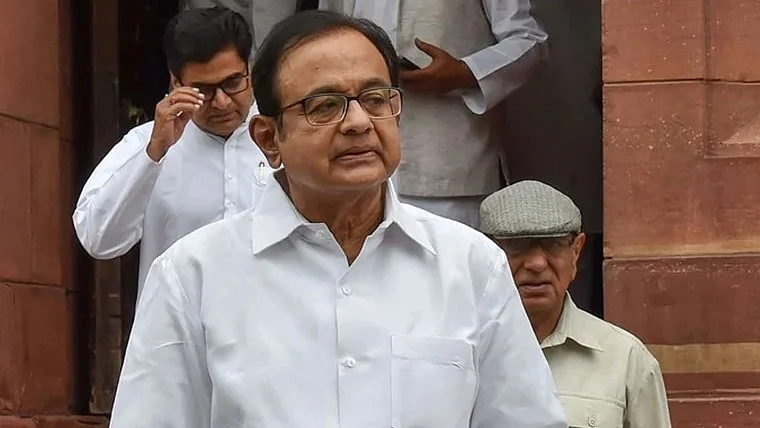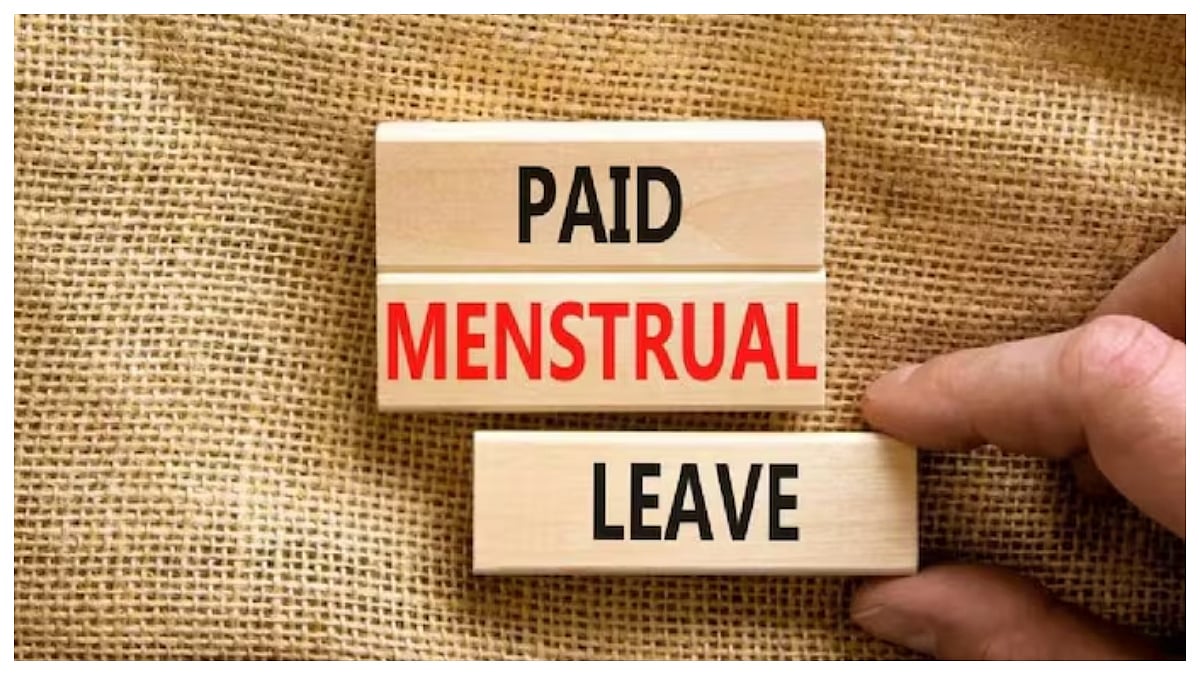The car market in India has been expanding steadily over the years. According to some reports, there are about 30 million four-wheelers in India. This has only expanded further with the advent of the electric vehicle sector.
Pai Demands GST Cess Reduction
Taxation in the system has always been a stickler for many in the industry.
Former Infosys CFO and industry leader, Mohandas Pai, recently took to X to express his thoughts on the matter.
In a post, Pai said, "India is a world leader in small cars".
Furthermore, Pai tagging the likes of PM Modi, FM Sitharaman added, ":now should become a leader in SUV’s. @narendramodi @PMOIndia @nsitharaman @FinMinIndia @nitin_gadkari @hd_kumaraswamy.
In order to achieve that, Pai suggested a reduction of taxes and said, "Pl reduce GST Cess on SUV to expand the market".

Finance Ministry Should Identify High Risk Taxpayers In GST Composition Scheme: CAG |
The GST Regime On SUV
This becomes a crucial demand as the coveted sport utility vehicles or SUVs, have steadily grown in the recent past. And this type of vehicle is subject to the highest slab in the GST tax regime of 28 per cent.

The existing GST regime has a total of four slabs. Apart from that, there also an additional Compensation Cess that is levied on SUVs. This cess on some models could go up to 22 per cent.
It starts with 0 per cent or nil tax, then is followed by other slabs, including 5 per cent, 12 per cent, 18 per cent, and finally, 28 per cent. It is to be noted that electric vehicles in the country are taxed at 5 per cent GST.
Despite the low rate on EVs, it has to be noted that the GST rate on lithium-ion batteries stands at 18 per cent. The GST rate on commercial vehicles ranges from 12 per cent to 28 per cent.










